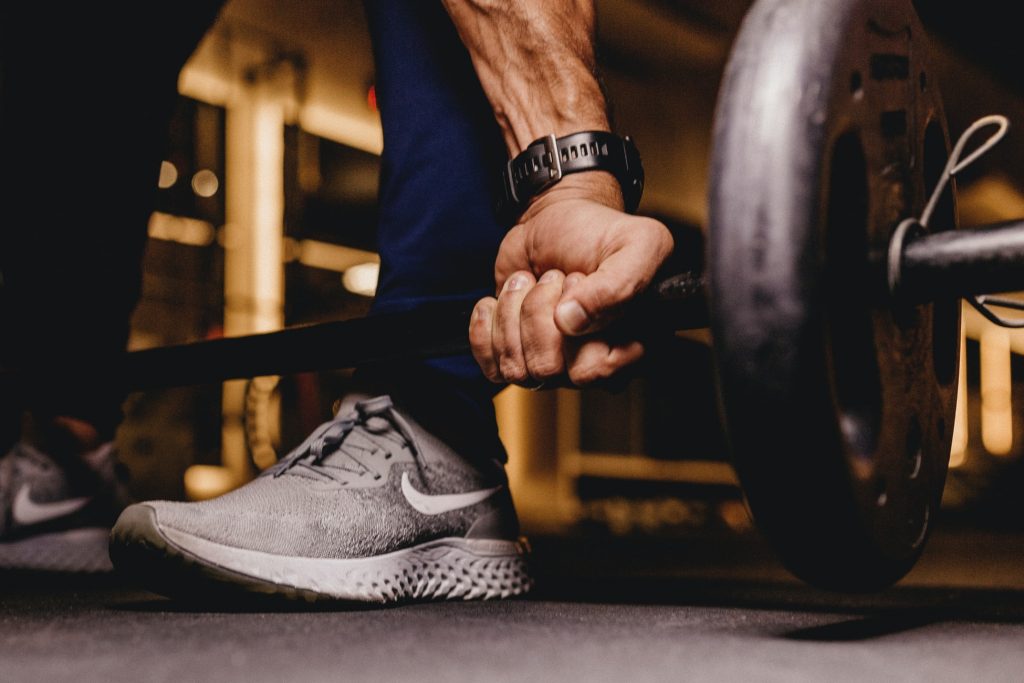Sports Nutrition 101

Ready To Know More?
FREE 30-min Practice Analysis Call for Clinicians
Welcome to our blog this week, which starts our coverage of Sports Nutrition. We plan to write a number of articles covering some key aspects of Sports Nutrition, including tips on how to fuel your athletic activities. Please stay tuned with us each week!
** Please note: If you want the longer version of this article with full details, then please click here **
Our advice is aimed at the recreational athlete, and not necessarily for elite athletes. Recreational athletes are people who exercise 45–90 minutes, 2–3 times per week (Desbrow B, 2020).
Carefully considering your nutrition for sports is important. To perform optimally and train hard, you need to fuel your body appropriately with a well-balanced diet. The food we eat impacts strength, training, performance, muscle synthesis and recovery.
The general dietary highlights for recreational sports nutrition are:
- Calorie Requirements: Women should be getting approx. 2000 calories per day and men approx. 2500 calories per day. It is difficult to generalize as it depends on body size, type of exercise, amount and intensity of exercise and other factors.
- Macronutrient Split: Approx. 40-50% CHO, 25-30% PRO, 25-30% FAT
- At the recreational level, the most important factor is to get enough calories in to sustain your workouts or training. The second priority would be to get enough protein in for muscle recovery and synthesis. Then think about getting enough carbs for your activity levels. Beyond that, nutrient timing and other factors are details to look at once you have gotten the priorities right.
- Don’t worry too much about grams of each macronutrient and weighing foods. Aim for a macronutrient split by % of calories as above.
- The one caveat is to aim to get enough Protein at about 0.6-1.0 g/lb./day. For a 125 lb. woman, that is 75 to 125 grams of protein per day. For a 180 lb. man, that is 108 to 180 grams of protein. The best sources are organic meats and wild caught fish, eggs, whey protein (more on this in a future article). Protein is important for muscle repair and recovery.
- The best sources of Carbs are (gluten free) whole grains, rice, potatoes, sweet potatoes, root vegetables, vegetables and fruits.
- Good sources of Fat include avocado, olives, olive oil, fats found in meats, eggs, fish and nuts, as well as coconut products, butter and ghee.
- Ketogenic Diet: There is no performance benefit from a ketogenic diet, but equally there is no performance decrease, particularly in recreational athletes (McSwiney FT, 2019). In intense endurance sports (Iron mans, marathons, long triathlons), performance is much more likely to suffer from a keto/ low carb diet while there may be a slight benefit in short duration high intensity sports from the diet (Burke, 2015) and (Burke LM, 2020).
- Timing of Carbs (carbohydrate periodization): Experiment with your amounts and timing of carbs, although there is no firm evidence that this provides a performance edge (Burke, 2015) and (Burke LM, 2020).
Ultimately, bio-individuality counts for a lot in the macronutrient split in sports nutrition and performance. Each person is unique with individualized nutrition requirements.
** Please stay tuned for next week’s article on Sports Nutrition when we will look at the role of the gut (our favorite topic!) in Sports Nutrition **
Want to learn functional medicine? We have an online training course and train doctors and clinicians all over the world. Learn more about our functional medicine school HERE.
If you are a clinician and have questions about our program, please click the button on the left below to book a call with him. If you are looking for help with your health, please visit our clinic site below.


Responses